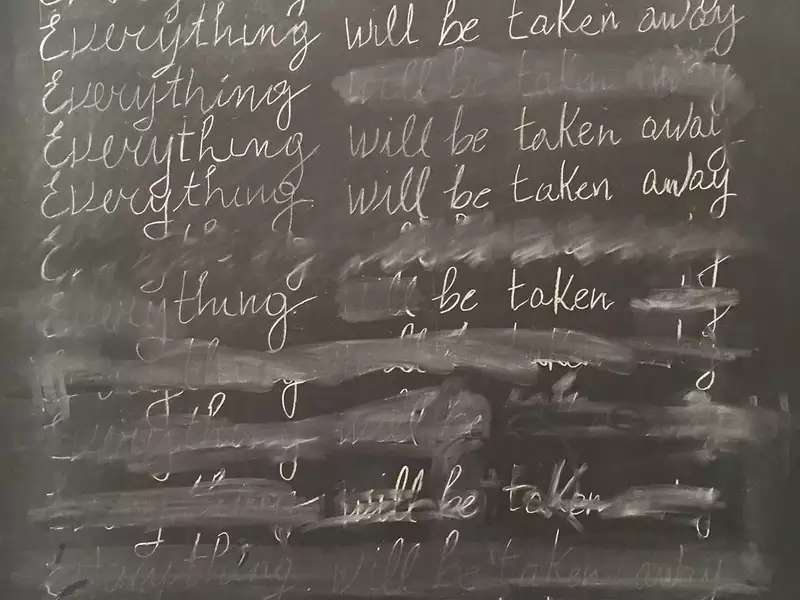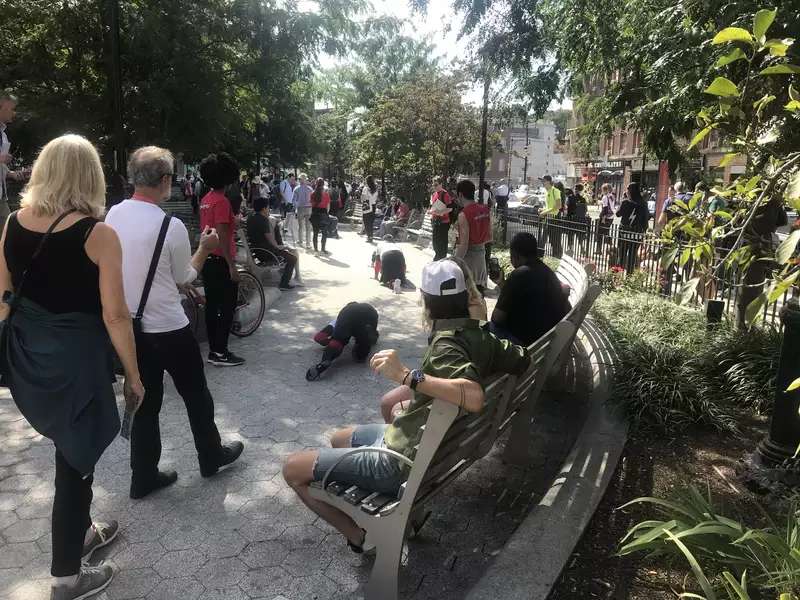
“But how have these explicit commitments to inclusion, access, and anti-racist inquiry played out in the classroom?”
A Dialogical Resource on Racism, Anti-Racism, and Pedagogy
What happens when classes that center narratives of racial marginalization thrust students of color into the position of teaching their experiences of oppression to others? This resource features the collaborative work of a group of current and former Barnard students who came together in the summer of 2021 to examine this question. Developed during a time in which many colleges and universities have claimed anti-racism as an institutional value, this document takes the question above as a point of departure for exploring a range of issues related to belonging, care, power, and social positionality in college classrooms today.
This resource is intended to be useful to any instructor who is committed to critically evaluating, developing, and sharing practices for anti-oppressive teaching. We recommend beginning with Alex Pittman's introduction (Tensions of Anti-Racism) and concluding with the students' coda (Toward Horizontal Models of Transformation). Each of the four subsections—"Non/Belonging in the Classroom," "Student Power and Privilege," "Instructor Position and Power," and "Caring Practices in Teaching"—takes a different angle on a set of overlapping concerns and can be engaged in any order.
The authors of this resource are (in alphabetical order by last name) Elysa Caso-McHugh, Tapiwa Gambura, Rivka Keshen, Kayla Leong, Sabrina McFarland, Solace Mensah-Nahr, Ananya Natchukuri, Areej Qadeer, Mariame Sissoko, and Kylie Tangonan.

“But how have these explicit commitments to inclusion, access, and anti-racist inquiry played out in the classroom?”

“Students may feel more comfortable, empowered, or engaged as learners when they are made to feel that their participation matters even when they are not standing in as representatives of large groups of people.”

“A multipartial method of facilitation requires the instructor to actively acknowledge and address a power dynamic within the classroom…”

“...sharing your experience and how it informs your approach to the class content, as well as being honest about your privileges and powers, can allow you to position yourself within the learning environment and not above it or your students.”

“While students’ academic success is a prominent priority at a college campus, we claim that academic success isn’t truly possible without practicing care for everyone’s mental and physical health.”

“How does the work that faculty, administrators, and students are doing within their peer groups align with or build upon one another? What is each group’s role and responsibility in constructing and maintaining an anti-racist institution?